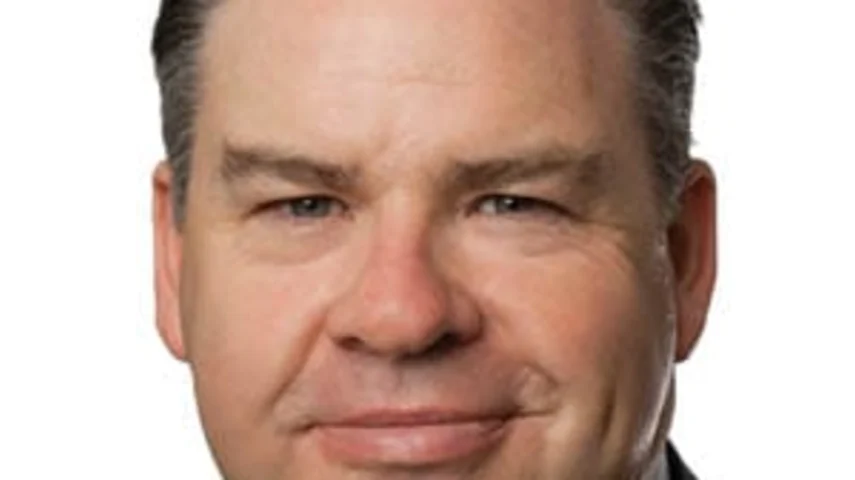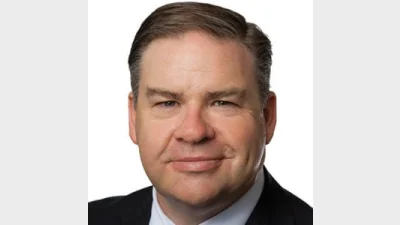Healthcare property gets demographic boost



Self-managed super fund (SMSF) trustees should not over-invest in residential property at the expense of other property sectors — particularly healthcare, said Chris Smith, head of healthcare and retirement property at Australian Unity.
As investors moved money out of cash and back into equities, a better rebalancing would also include a selection of property sectors for growth and defensive reasons, Smith said.
Healthcare had good long-term attributes including excellent returns at 11 per cent annualised for the year ending December 2012.
"The healthcare sector has outperformed all other property on a one, three and five-year basis, driven primarily by strong returns," Smith said.
An ageing population would bolster occupancy and new builds, he said.
"At one time, people didn't survive a heart attack, or had only one hip replacement during their lifetime," he said.
"Now they survive a heart attack or have multiple hip replacements, and may need ongoing monitoring, post-operative rehabilitation, care and treatment for many years."
Smith said investors, and particularly SMSFs, needed to understand there was more to property than the residential sector.
"Generally speaking Australians are over-exposed to residential property, especially those that own an investment property as well as their home," he said.
"Such investors are vulnerable in that they are overweight to residential property at the expense of other property sectors which are performing much better."
Now is a good time to invest in broad-based property portfolios through property funds, according to Smith.
Recommended for you
Schroders has appointed a new chief executive as Simon Doyle steps down from the asset manager after 22 years.
Distribution of private credit funds through advised channels to retail investors will be an ASIC priority for 2026 as it releases the results of its thematic fund surveillance and guidance for research houses.
State Street Investment Management has taken a minority stake in private market secondaries manager Coller Capital with the pair set to collaborate on broaden each firm’s reach and drive innovation.
BlackRock Australia plans to launch a Bitcoin ETF later this month, wrapping the firm’s US-listed version which is US$85 billion in size.











